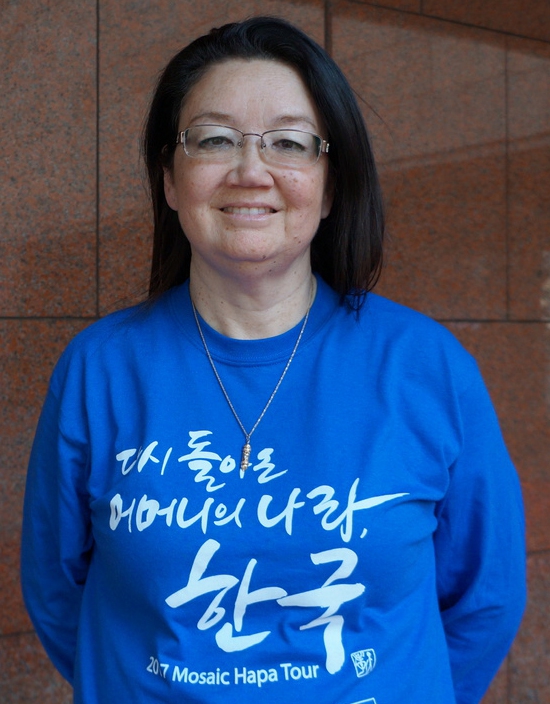He searched for his Japanese birth mother. He found her — and the restaurant she had named after him.Posted in Articles, Asian Diaspora, Family/Parenting, Media Archive, United States on 2018-05-10 18:45Z by Steven |
The Washington Post
2018-05-08
 Bruce Hollywood with his mother, Nobue Ouchi. (Courtesy of Bruce Hollywood) |
It began with a heart attack in the Pentagon parking lot in pre-dawn darkness. Air Force Col. Bruce Hollywood was on his way to work and found himself on the ground, thinking: “This is where it ends.”
Later, as he lay in the ambulance racing to Walter Reed Army Hospital, two regrets popped into his head. One was that he wouldn’t be able to help his son with his college applications. The other was that he never thanked the Japanese woman who gave birth to him, then gave him up for adoption in 1960.
Hollywood was adopted by an American couple who were stationed in Japan with the U.S. military and who could offer him a good life in America.
It took that heart attack in 2005 for Hollywood to set out to find his birth mother, something his adoptive mother, who had passed away, had repeatedly encouraged him to do. Before that, he said, he never felt something was missing. His adoption was not something he had reflected on much.
“I always knew I was adopted because I had Asian features and [my father] was an Irishman and [my mother] was a Norwegian lady,” said Hollywood, 57. “And they always told me, ‘…We picked you out special. So you’re even more special than everyone else.’”…
Read the entire article here.




